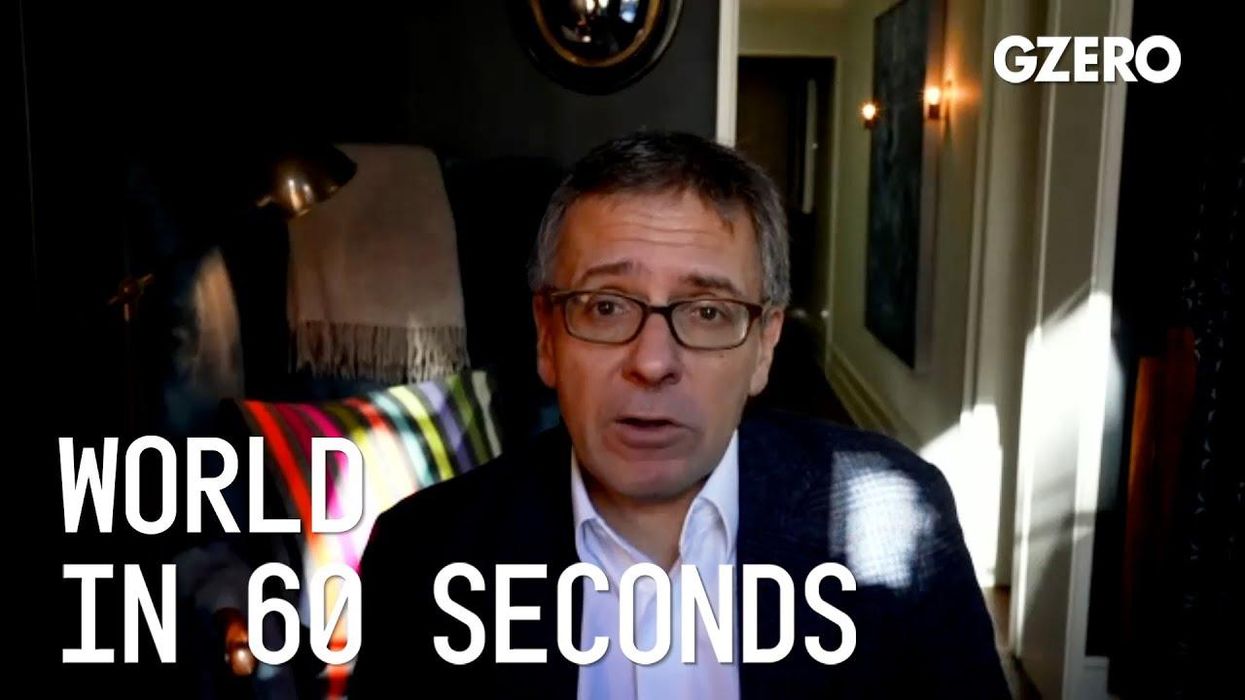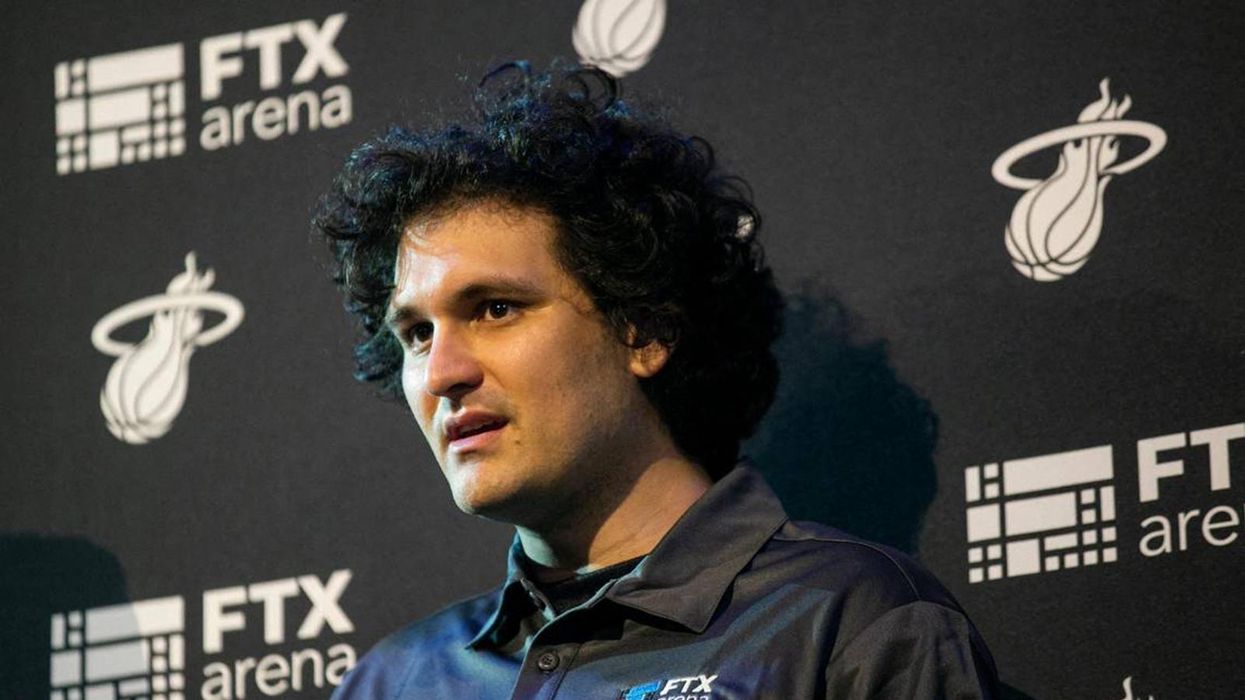ask ian
Biden's Africa Summit won't gain influence for US without investment
What does Biden hope to achieve from his Africa summit? Why did Putin cancel his annual press conference? SBF is busted. That's right. At some point he's probably going to end up in jail. What does this mean for crypto exchanges around the world? Ian Bremmer shares his insights on global politics this week on World In :60.
Dec 13, 2022


